The role of Variable Frequency Controllers (VFCs) in industrial automation has expanded significantly in recent years, transforming how industries approach energy efficiency, equipment control, and system reliability. These controllers, which regulate the speed of motors in various industrial applications, have become indispensable tools for optimizing processes across a wide range of sectors, from manufacturing and HVAC systems to water treatment and energy production. With their ability to improve operational efficiency and reduce energy consumption, Variable Frequency Controllers are becoming a cornerstone of modern industrial systems.
What is a Variable Frequency Controller?
A Variable Frequency Controller (VFC) is an electrical device used to regulate the speed and torque of an electric motor by adjusting the frequency and voltage supplied to the motor. By changing the speed of the motor, VFCs allow for precise control over processes that rely on motor-driven equipment. This capability is particularly important in applications where load requirements fluctuate, such as pumps, fans, and compressors.
Variable Frequency Controllers work by converting the fixed frequency power from the electric grid into variable frequency power. This allows for the fine-tuning of motor performance, enabling operators to match motor speed to the specific needs of the process, thereby optimizing performance and energy consumption. VFCs are commonly used in systems that require dynamic control, such as air handling units, conveyor belts, HVAC systems, and more.
The Growing Demand for Variable Frequency Controllers
As industries strive to improve their efficiency and reduce operational costs, the demand for Variable Frequency Controllers has skyrocketed. Energy consumption is a major concern for industrial sectors, and VFCs offer a highly effective solution by providing on-demand adjustments to motor speeds. This capability directly impacts energy usage, reducing the waste of electricity and minimizing the environmental footprint of operations.
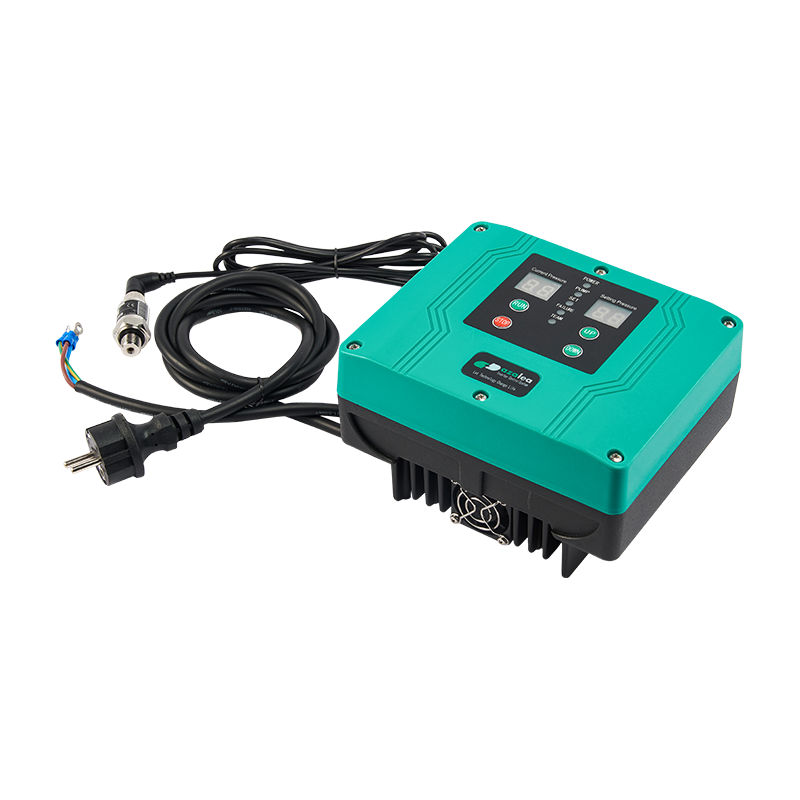
In industries such as manufacturing, where machinery operates continuously, the ability to adjust motor speeds based on demand is essential for productivity while maintaining energy efficiency. Variable Frequency Controllers are now used to ensure that motors operate only at the required speed, preventing unnecessary energy consumption during periods of low demand and reducing wear on mechanical components.
Moreover, the integration of Variable Frequency Controllers with other smart technologies in industrial automation systems is driving their adoption. With advancements in IoT (Internet of Things) technology, VFCs can now be monitored and controlled remotely, providing real-time data and insights into motor performance. This enables predictive maintenance, where issues can be identified and addressed before they lead to costly equipment failures.
Key Benefits of Using Variable Frequency Controllers
Energy Efficiency: The significant benefit of VFCs is their ability to optimize energy usage. By adjusting motor speeds to meet the demands of a specific task, VFCs reduce energy consumption, which can result in substantial cost savings over time. This is particularly beneficial in industries with high energy consumption, such as HVAC systems and water treatment facilities.
Improved Process Control: VFCs offer precise control over motor speed, which can improve the accuracy and consistency of industrial processes. For example, in a pumping system, adjusting the motor speed to match the flow rate required can help maintain performance and prevent overflows or system strain.
Extended Equipment Lifespan: By reducing motor wear and tear, VFCs contribute to the longevity of motor-driven equipment. Variable speeds prevent motors from operating at full capacity when unnecessary, which reduces stress on the components and minimizes the need for frequent maintenance.
Reduced Operational Costs: With the ability to control the speed of motors, VFCs help industries save on operational costs. Whether it's reducing the energy required to power a pump or cutting back on the wear-and-tear of a conveyor system, VFCs lead to both short-term and long-term savings for businesses.
Environmental Impact: By enhancing energy efficiency, VFCs also contribute to reducing the carbon footprint of industrial operations. As industries become increasingly focused on sustainability, adopting technologies like VFCs aligns with global efforts to reduce environmental impact.
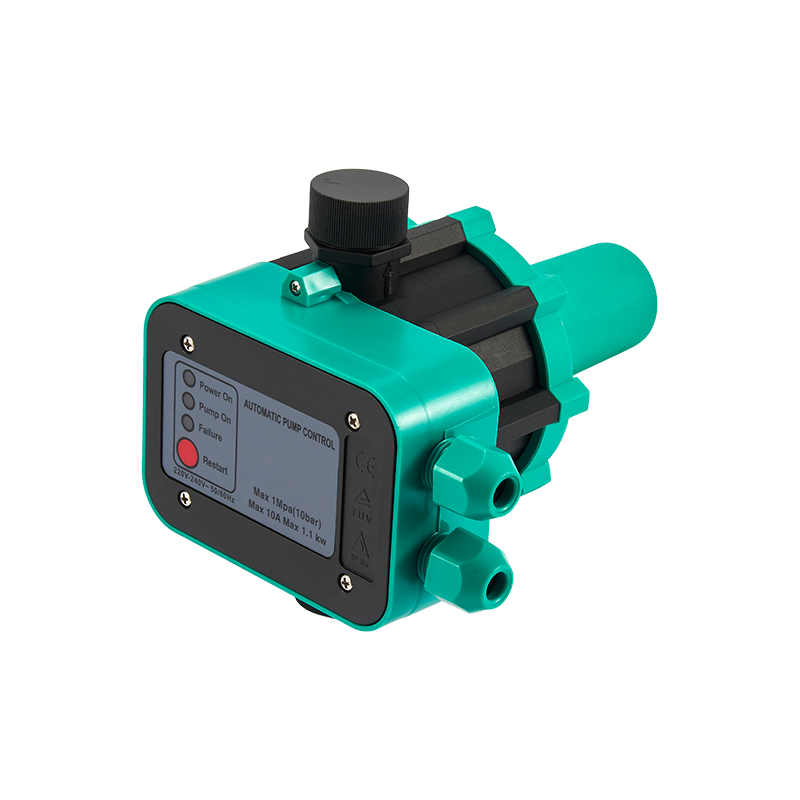
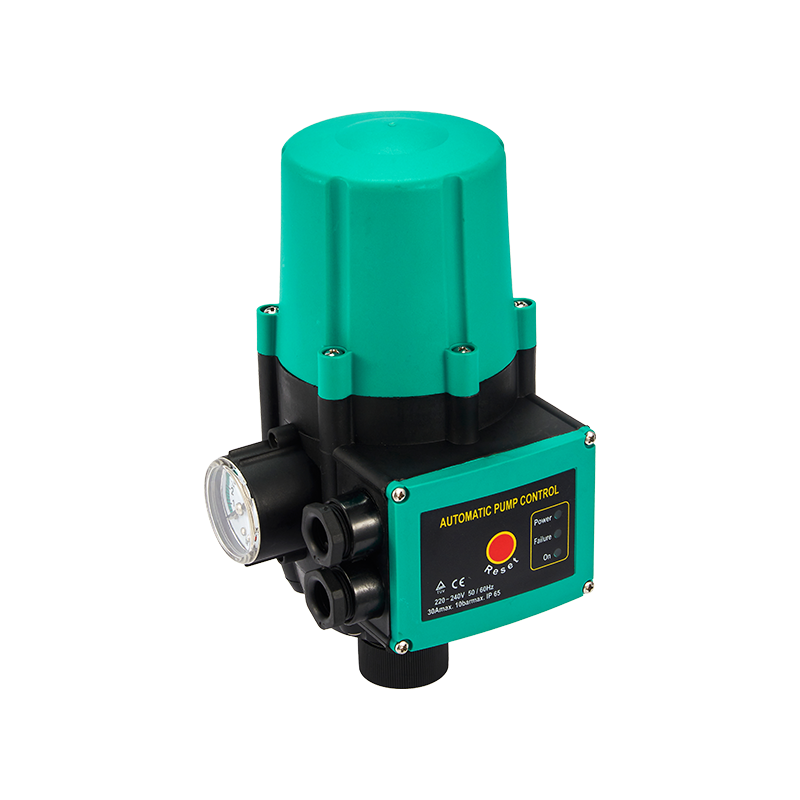
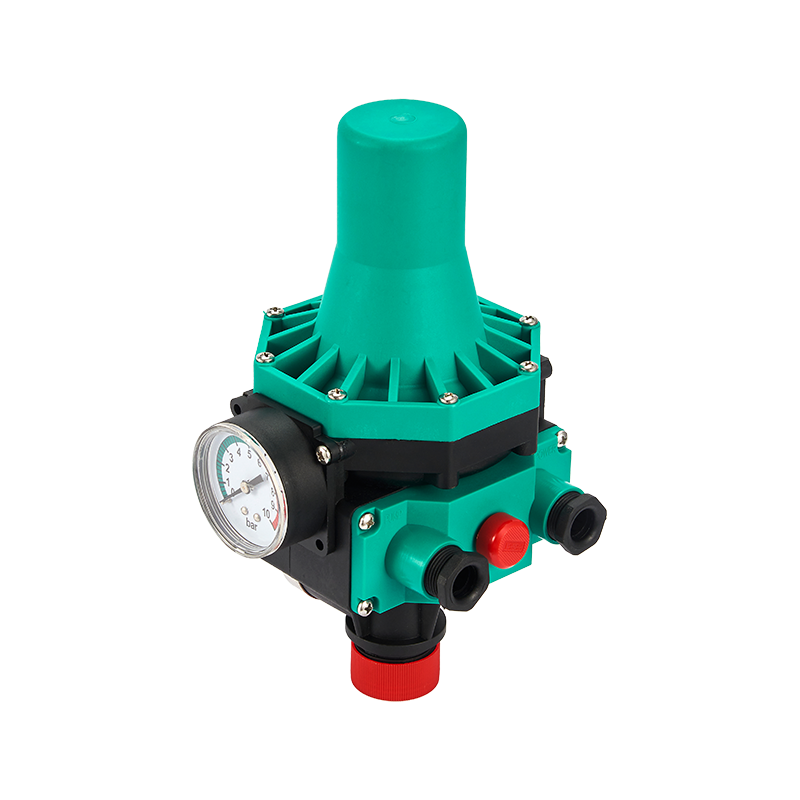
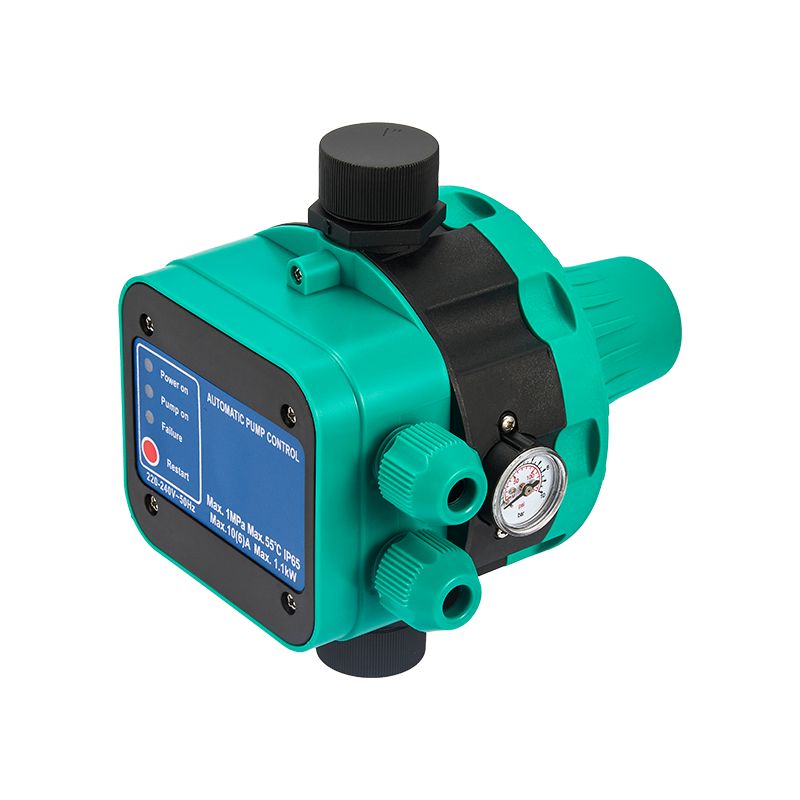
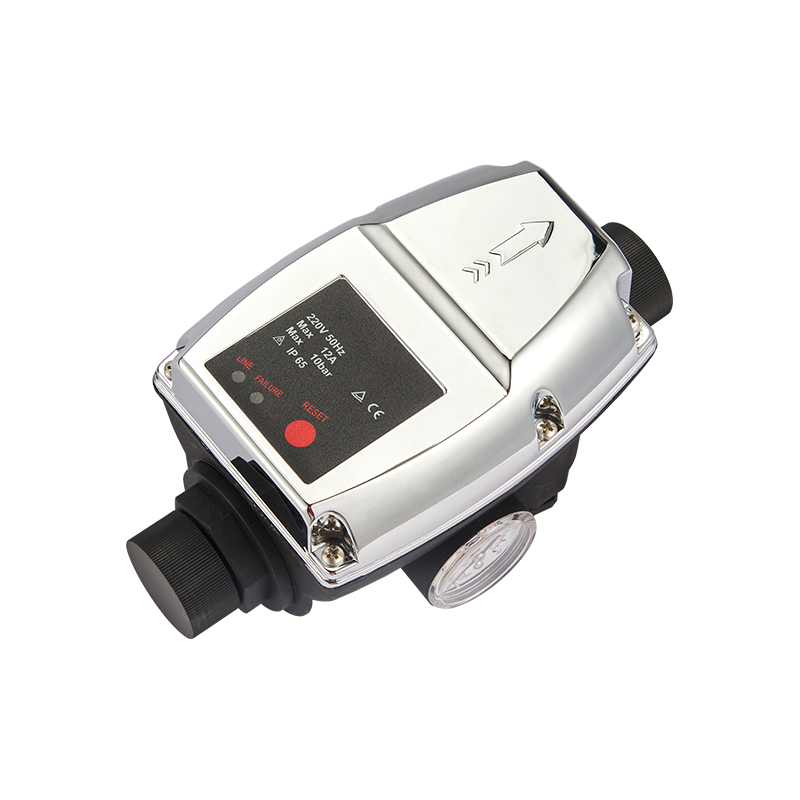
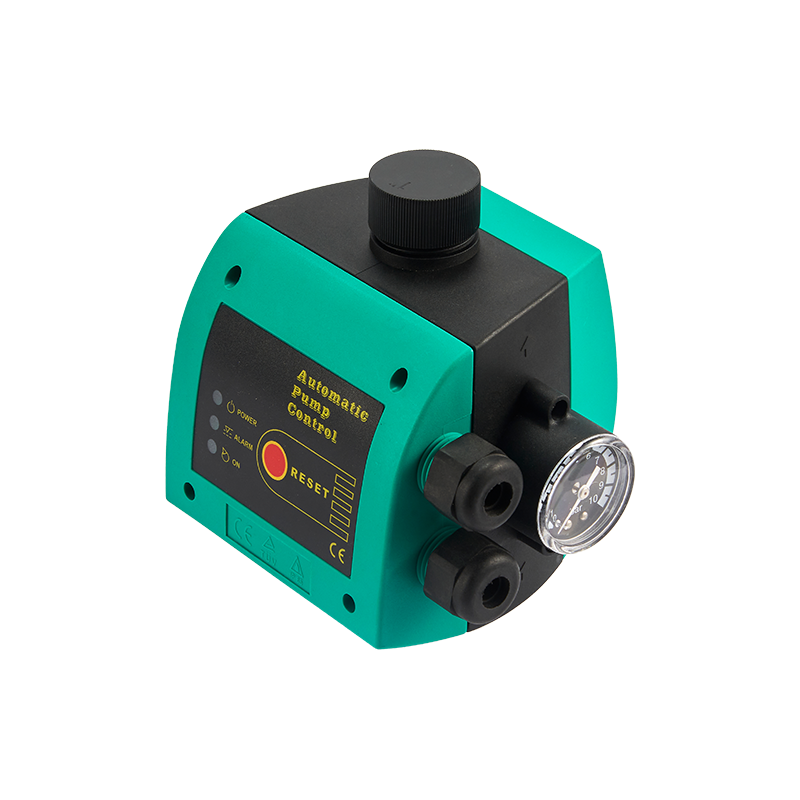
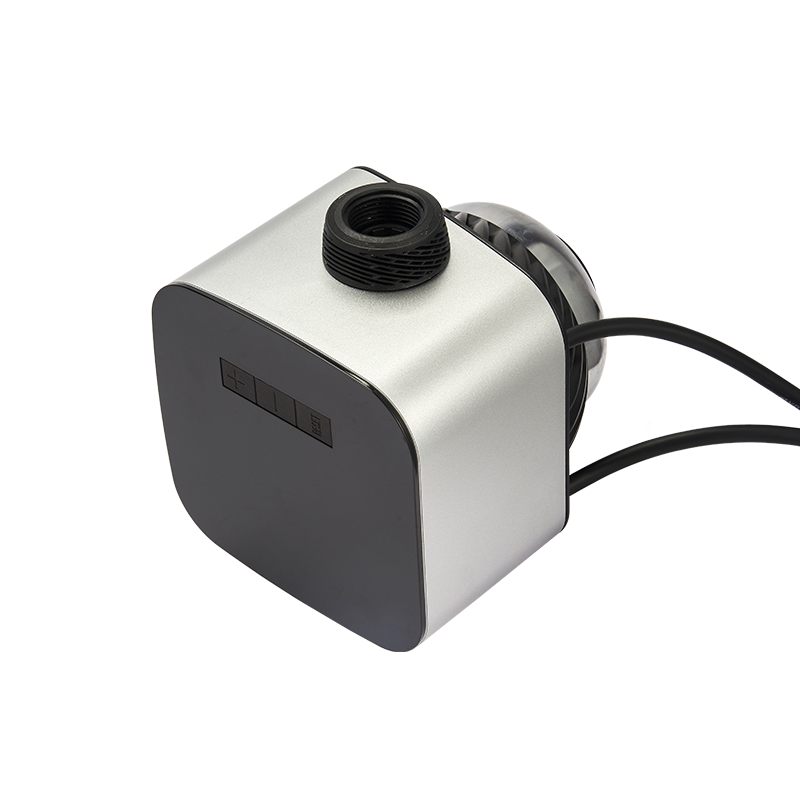
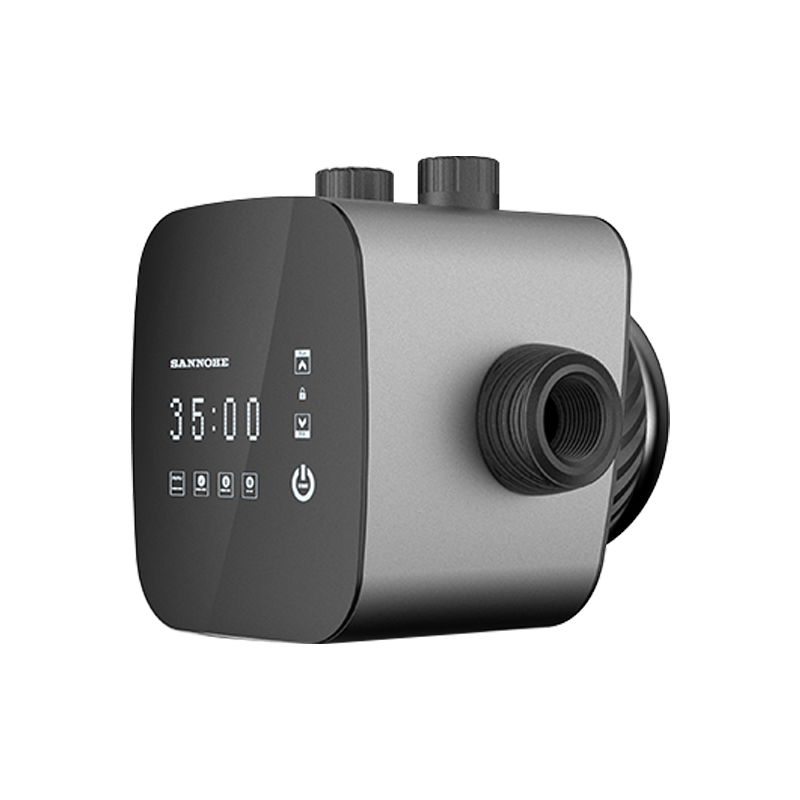
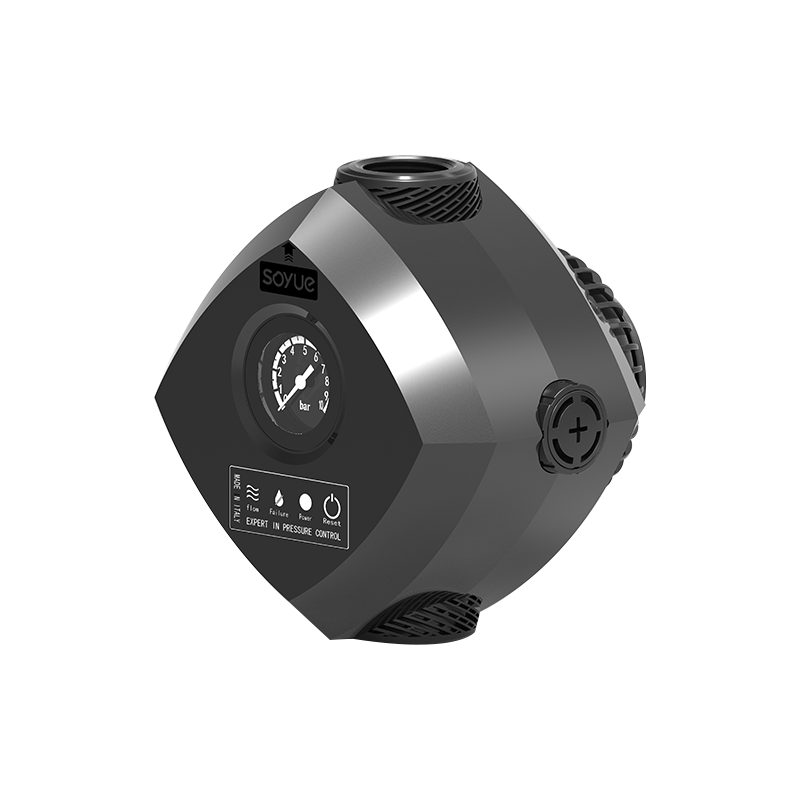
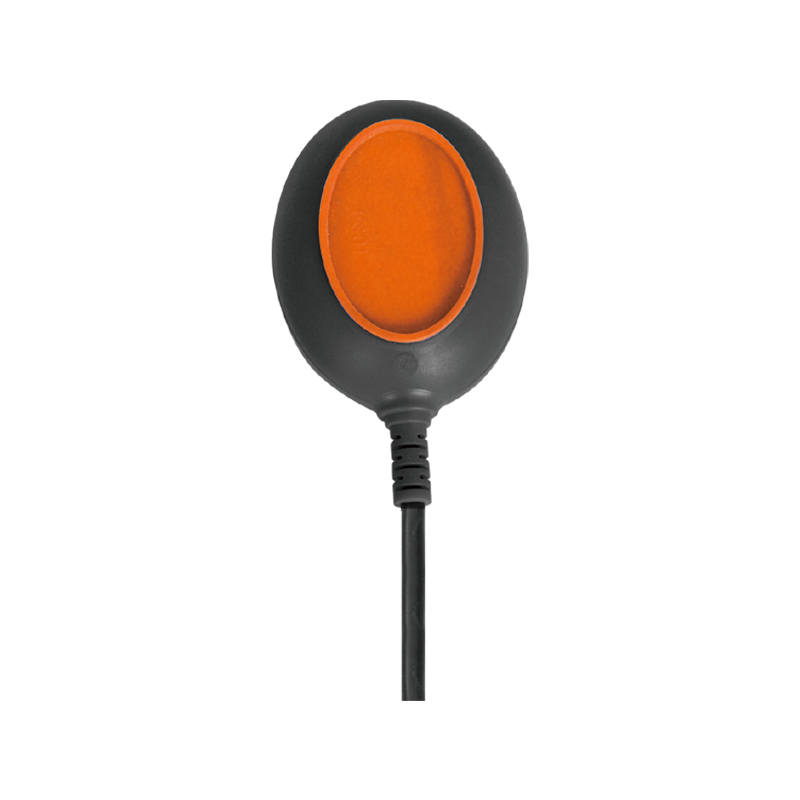
Within the global industrial supply chain, specialized facilities focus on producing the electronic brains that manage the world's pumps: the automatic pump controller factory. These manufacturing plants are dedicated to the design, assembly, testing, and quality assurance of the devices that provid...
Across the diverse applications of fluid movement—from ensuring consistent water supply in high-rise buildings to maintaining precise pressure in industrial processes and agricultural irrigation—the concept of pump automatic pressure control has become a cornerstone of modern system design. This tec...
In systems where water or other fluids are moved under pressure, from residential plumbing and agricultural irrigation to industrial processing and fire suppression, maintaining a precise and stable pressure is often critical. This task falls to a dedicated device: the pump pressure controller. This...